Germany’s conservative CDU-CSU alliance in chaos after historical elections defeat
Germany’s conservative alliance of the Christian Democratic Union (CDU) and the Christian Social Union (CSU) is caught in chaos in the wake of a concession by its key Bavarian allies that the leader of the Social Democratic Party (SPD), Olaf Scholz, has the best chance of becoming the next chancellor.
After the CSU’s first meeting of its newly elected lawmakers on Tuesday, the party members pulled the rug out from under Armin Laschet, the head of the CDU, by declaring that the SPD should be on the frontline to form the next government.
According to the final results revealed by the electoral commission, retiring Chancellor Angela Merkel’s CDU bloc faced its worst result since 1949, gaining only 24.1 percent of the votes in Sunday’s federal elections, while Scholz’s SPD secured 25.7 percent, standing on the first rank. However, Laschet, the CDU-CSU’s candidate for chancellor, had said he would still try to build a governing coalition to form the next government despite coming in second.
“The SPD is not too far ahead, but it is ahead [of the conservative bloc],” Alexander Dobrindt, the parliamentary leader of the CSU, hit back at Laschet’s claims, adding that the bloc should therefore expect that other parties “are talking to the SPD first.”
Minister-President of Bavaria Markus Soeder said in the CSU’s first gathering that Scholz “clearly has the better chance of becoming chancellor at the moment.” The elections result, he added, “must be accepted, it is a basic rule of democracy.”
Scholz has already urged Merkel’s conservative bloc to go to the opposition after their historical loss.
Calls were also getting louder in Tuesday’s session for Laschet to admit defeat and resign, even from within his own party.
“You have lost. Please have some insight. Avert further damage to the #CDU and resign,” said Ellen Demuth, a CDU member of the Rhineland-Palatinate state parliament.
“We lost the election. Full stop,” said Tilman Kuban, the head of the CDU’s youth wing.
Sunday’s voting also saw a number of leading CDU figures lose their seats, including Economy Minister Peter Altmaier, Defense Minister Annegret Kramp-Karrenbauer and Agriculture Minister Julia Kloeckner.
VIDEO | Press TV's news headlines
Iranian satellites launched into space as private sector debuts in space industry
VIDEO | Iran, Azerbaijan conduct joint maritime rescue operations
VIDEO | Yemen’s Red Sea divide: Naval forces block Israeli-linked ships in strategic ‘parting of the water’
VIDEO | Southern Gaza: Israel’s facade for famine and suffering
VIDEO | IOF hampering humanitarian aid
VIDEO | Sharmahd: Justice Done
Iran repeatedly warned Israel not to test its will: FM


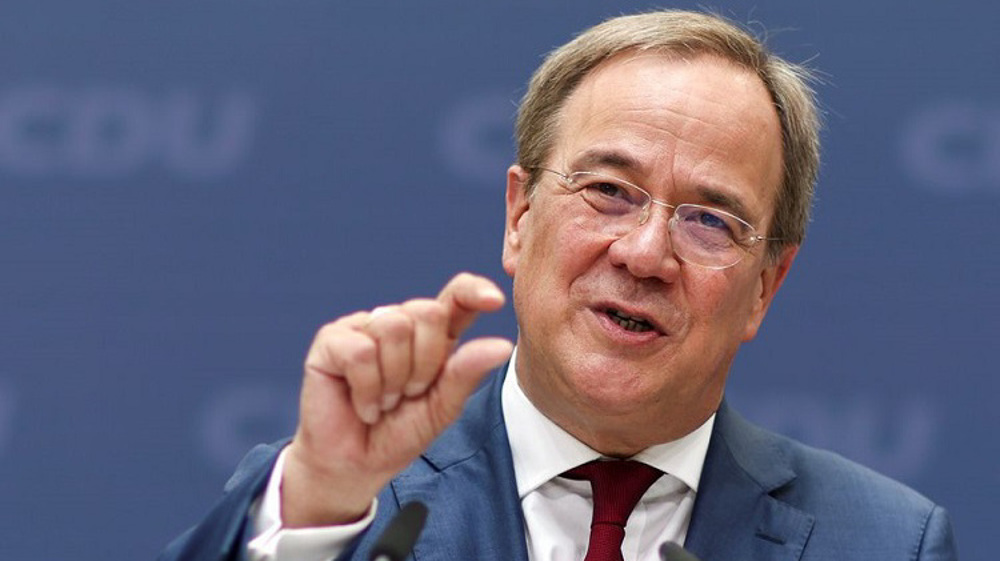
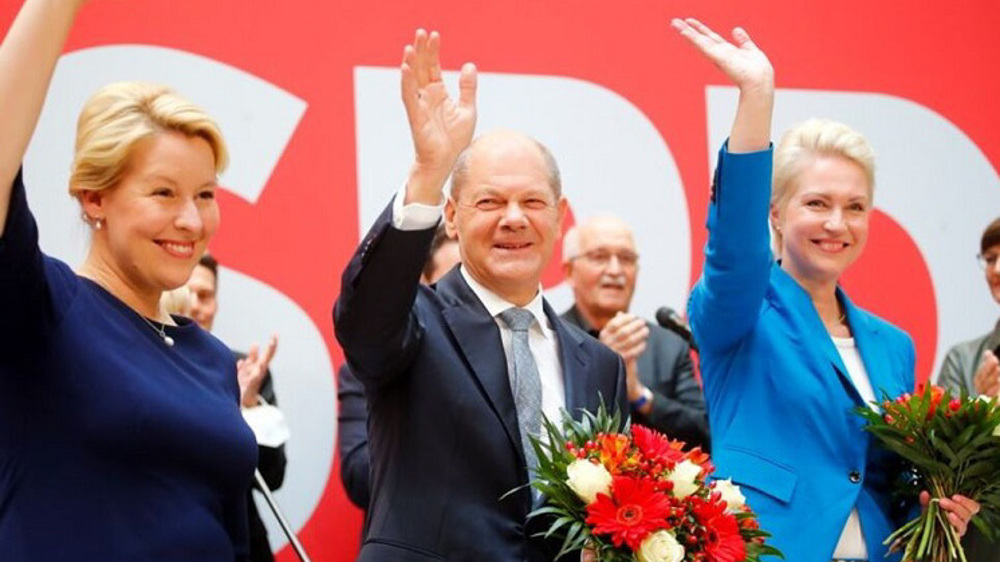
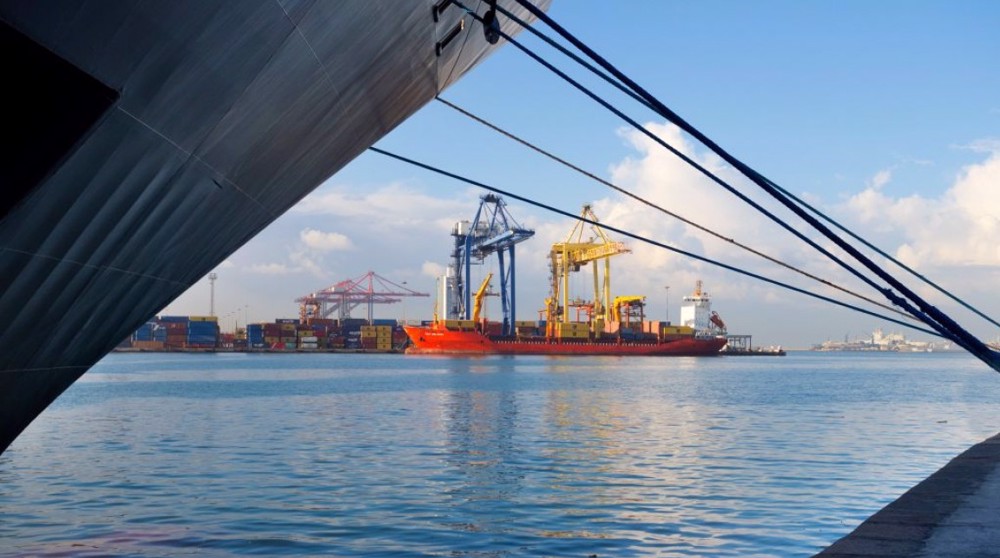
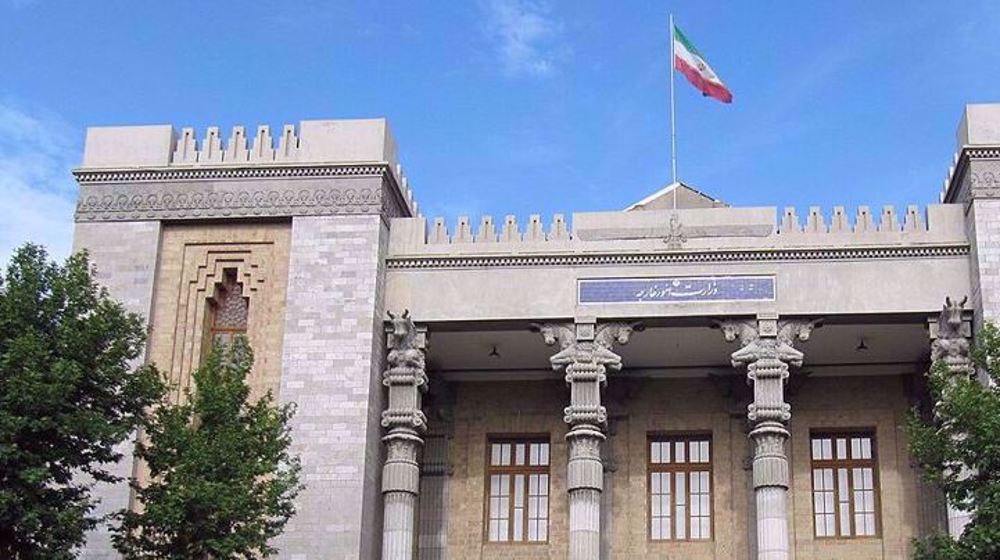
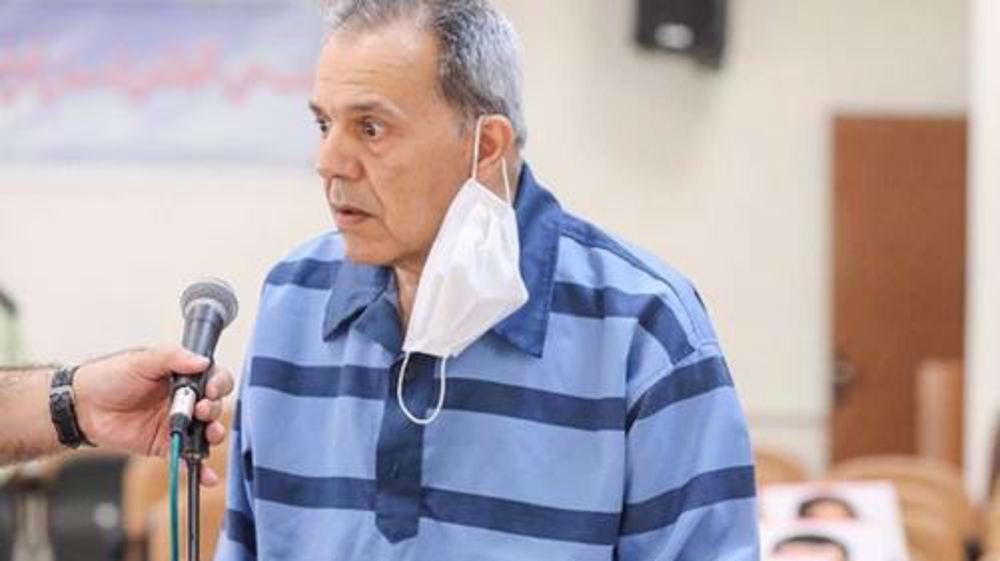




 This makes it easy to access the Press TV website
This makes it easy to access the Press TV website